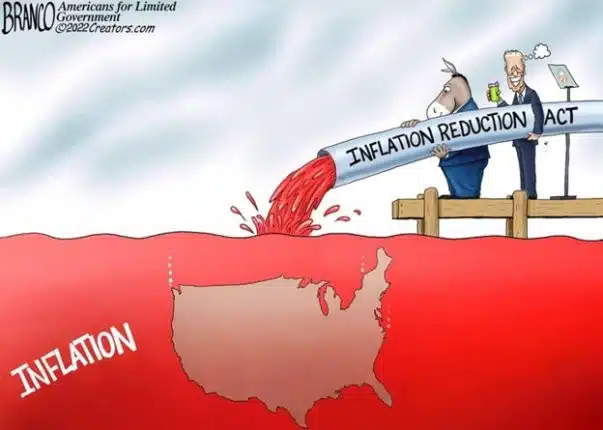By Robert Romano — Apple, like many companies, has a giant wad of cash outside the U.S. it is not bringing into the country due to the tax burden that would incur, reports the Associated Press.
“We do not want to incur the tax cost to repatriate the foreign cash at this time,” said company Chief Financial Officer Peter Oppenheimer in March to investors.
So far, Apple’s overseas accounts are now holding more than $74 billion of foreign earnings that have not been repatriated. Overall, U.S. companies may be holding as much as $1 trillion overseas. But none of this is any surprise.
This phenomenon explains precisely why Americans for Limited Government opposed action to severely limit the Section 956 foreign income tax credit in 2010 by the Pelosi-Reid Congress. At the time, we argued that companies would simply not repatriate the earnings, leaving them overseas.
Now, per the AP story, it appears we were correct.
Of course, with this sort of advocacy by the AP, perhaps the next step members of Congress will want to take is to directly tax foreign earnings that never touch U.S. soil — which would simply encourage companies to move their headquarters entirely off-shore.
The old saying goes, when you want less of something, you tax it.
So in this case, in 2010, Congress decided it wanted more revenue from foreign earnings, and but instead it has found less foreign capital being reinvested in the U.S. — which may have ultimately resulted in a taxable event whether through capital gains or the like.
And it appears to actually be hurting federal revenues, despite claims by left-wing groups that the law would generate $37 billion in new revenue from $149 billion of overseas profits.
In fact, corporate tax revenues took a hit in 2011, dropping by $10 billion, a year after Congress limited the use of the foreign income tax credit. Go figure.
Instead, the U.S. could tell successful companies that operate abroad to repatriate their earnings here tax-free. And then leave it that way. The only way to restore global imbalances is to create an attractive environment to move capital back into America and to produce things here.
U.S. companies that operate overseas account for nearly half of all American exports, and employ 22 million people.
If Congress wants to encourage reinvestment here in the U.S., it needs to bring an end to its misguided war against the nation’s exporters.
Robert Romano is the Senior Editor of Americans for Limited Government.






